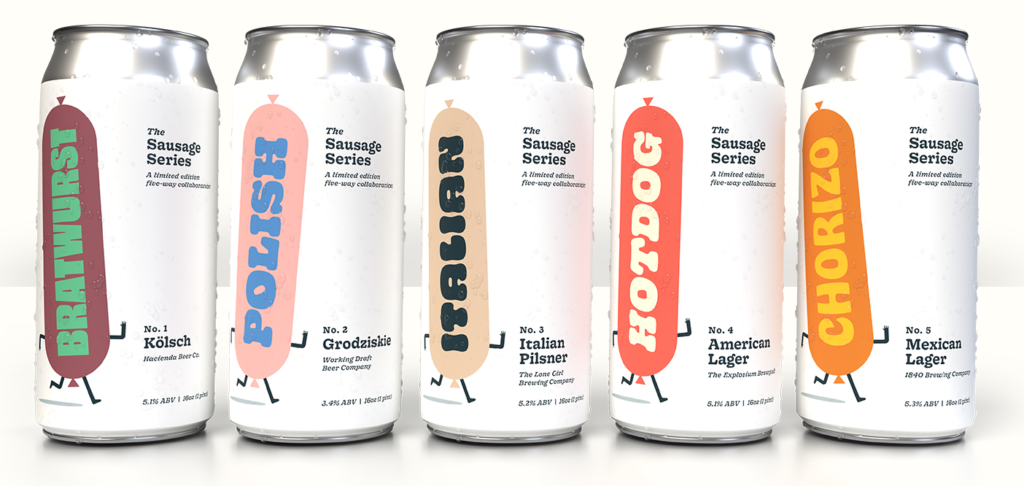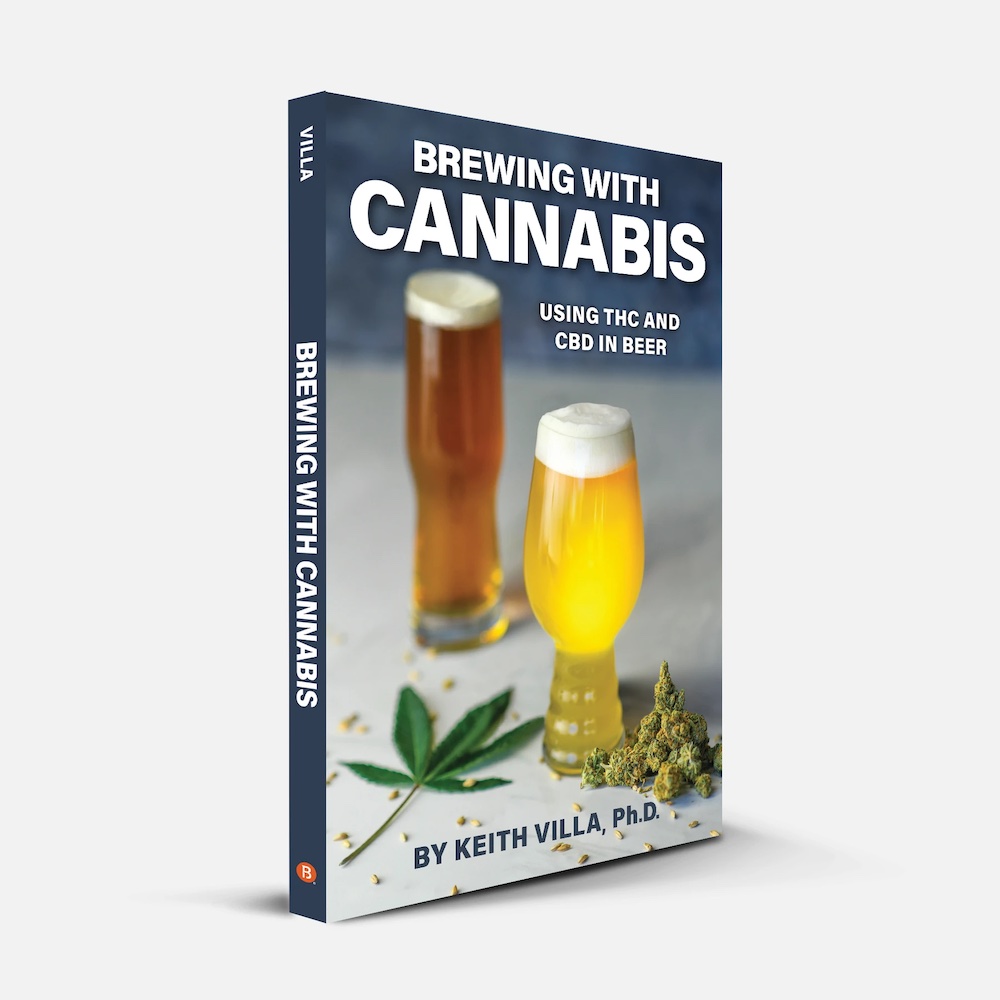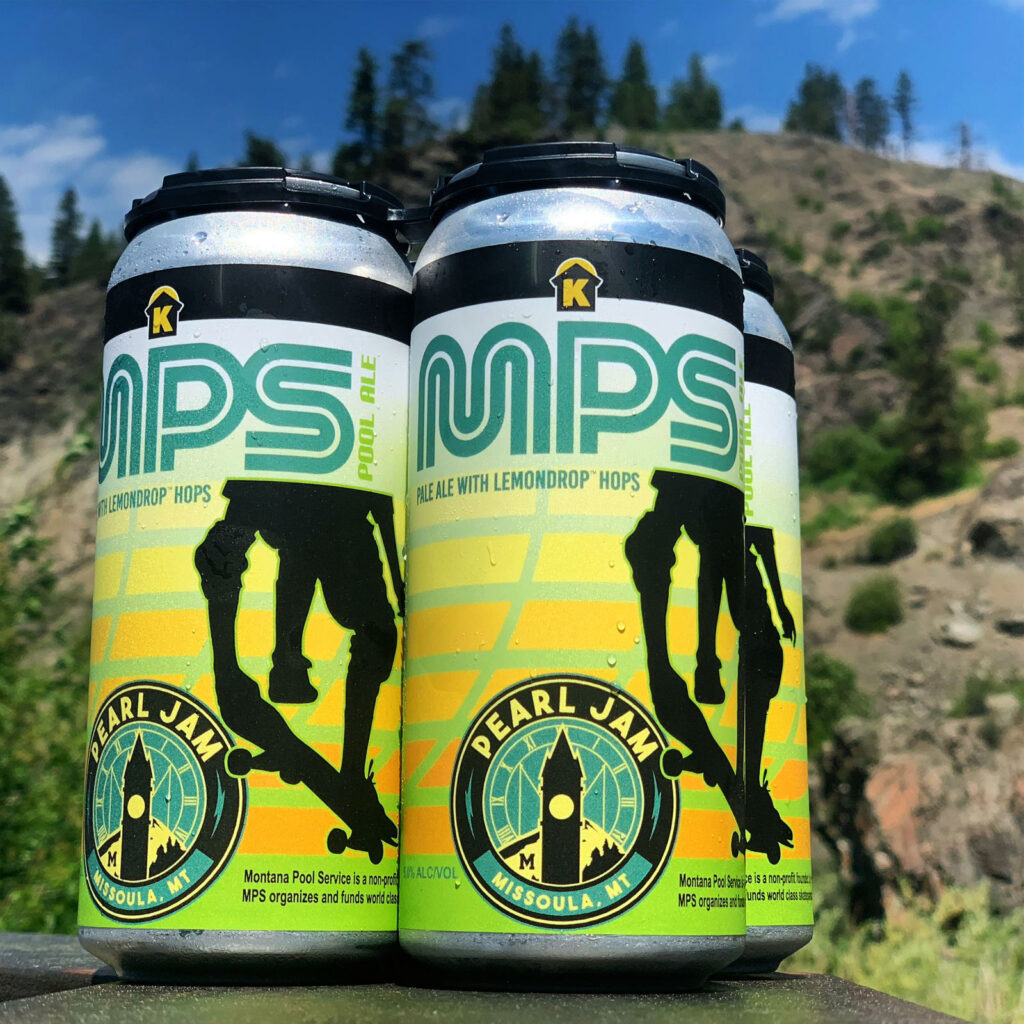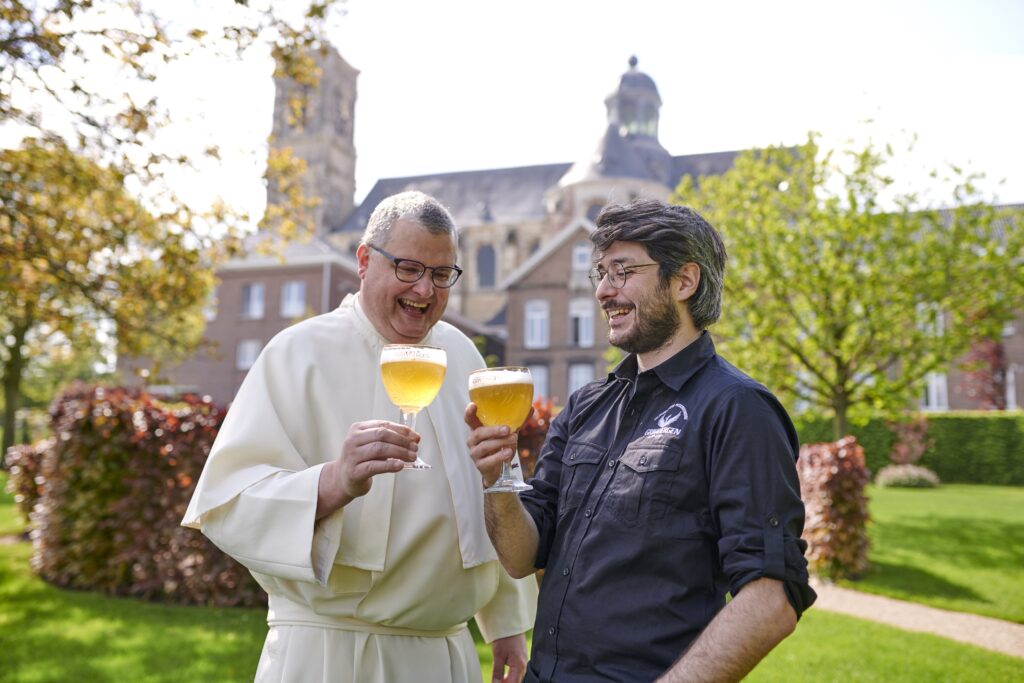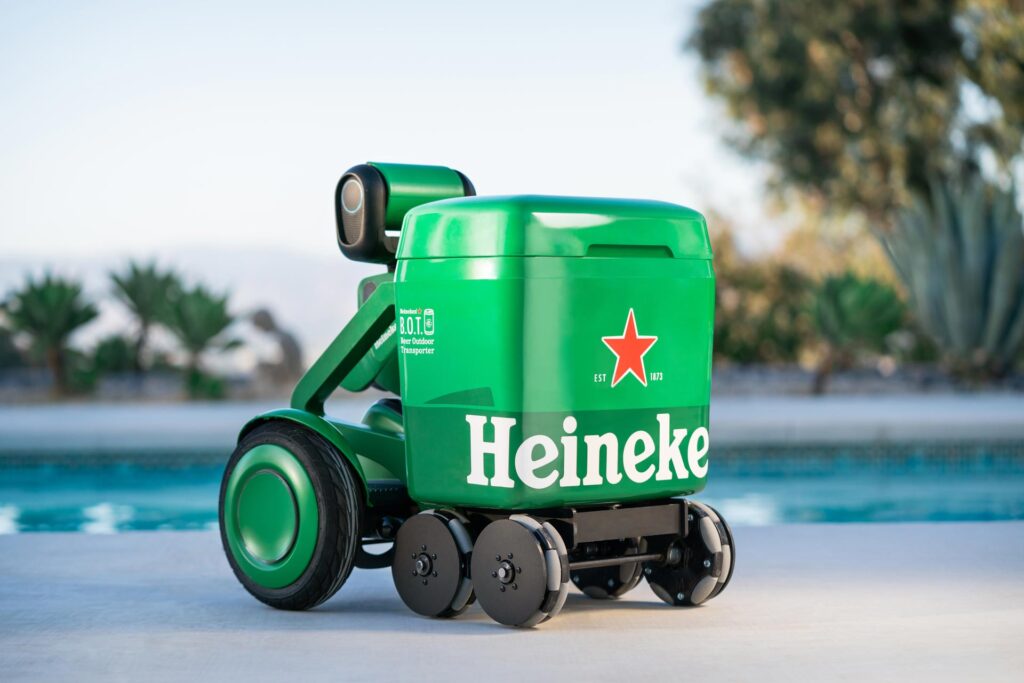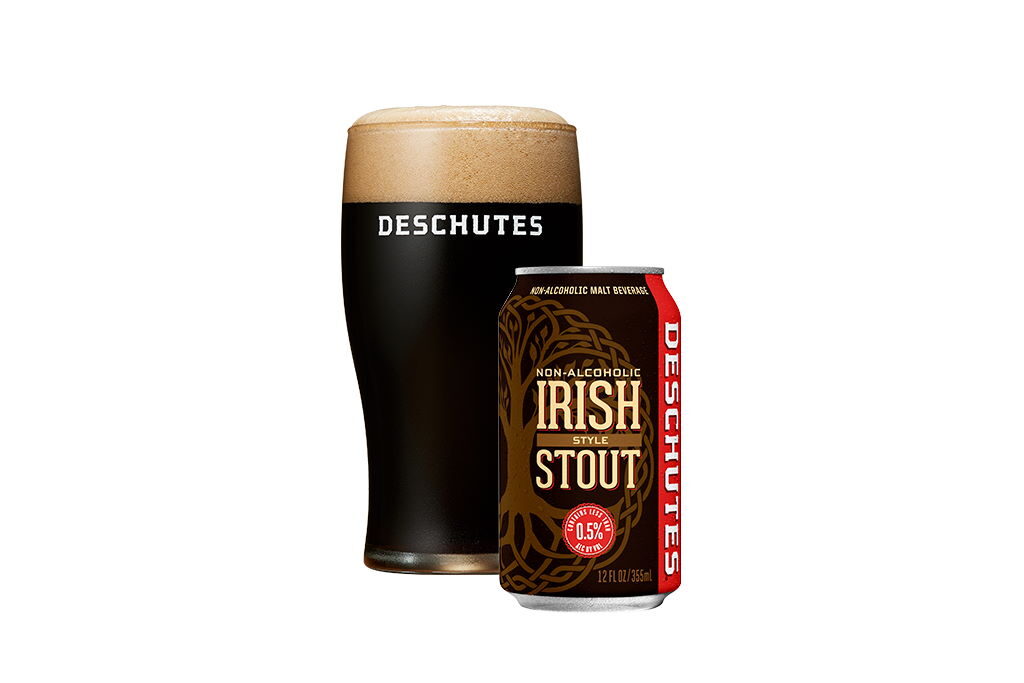“There must be some kind of way out of here,” said the joker to the thief,
“There’s too much confusion, I can’t get no relief.”
—Bob Dylan, All Along the Watchtower
Do you ever feel… confused? Like you just can’t make sense of this world anymore? It’s not clear to us if beer exacerbates that confusion or is relief from it. The beer world itself can seem confusing sometimes. There are some truly odd geniuses in this space, and sometimes their ideas and actions are simply ahead of the curve. Sometimes, though, they are just… odd. Let’s sift through reports and observations from around the world.
As per custom, let us first cast our gaze eastward, to that oddest of beer places, America. OnMilwaukee, a digital media company in Milwaukee, Wisconsin, reported in June about a “sausage series” of beers brewed by five Wisconsin craft breweries. The beers are named after the sausages they are intended to pair with: Chorizo (Mexican lager), Hot Dog (American lager), Bratwurst (a kölsch-style ale), Italian (Italian pilsner), and Polish (grodziskie). There is nothing odd or confusing about this, actually; it’s brilliant. The idea was 1840 Brewing’s, so this brewery got the honor of releasing a mixed five-pack–they also sold a five-pack of pre-cooked sausages to match with the beers. What would the equivalent be in Japan? Five styles of ramen to go with five regional beers?
What would one pair with marijuana beer? More ramen? As we’ve reported here a few times, marijuana beer is no joke. Recreational marijuana is legal in many states in America, as well as Canada. It’s an enormous industry and marijuana beverages are just one of many products (along with chocolates, gummies, etc). Federal laws and enforcement practices in America make selling marijuana-infused alcohol beverages impossible, so beverage makers produce mostly sparkling beverages or non-alcoholic ‘beer’ with marijuana compounds. The category is poised to grow so rapidly that the Brewers Association in America has released a book, as a part of its rich Brewers Publications series, called Brewing with Cannabis: Using THC and CBD in Beer. It was penned by none other than Keith Villa, who founded Blue Moon. Villa retired from Blue Moon several years ago and launched his own cannabis beer company in Colorado.
Villa is by no means the only heavyweight brewer to dive into this category. Enter Dale Katechis, the founder of Oskar Blues, one of the largest and most successful craft breweries in America and producer of the trailblazing Dale’s Pale Ale. As is well known in beer lore, Oskar Blues pioneered the use of cans in the craft beer industry. It seems so obvious now, but it was revolutionary twenty years ago. Katechis recently became an investor with an additional leadership role in Veritas Fine Cannabis, also based in Colorado. Many craft brewery executives branched into hard seltzers, but it’s clear the shift into marijuana beverages will be even more pronounced, especially if the US federal government decriminalizes it–a move supported by many powerful politicians. Will titans like Sierra Nevada enter the space? Given the brewery’s location in a marijuana-friendly area (there are many farms around Chico and throughout Northern California), we think it’s a matter of when, not if. Can’t get no relief? Not for long…
If you’re sticking to beer while in America, you may want to take note of a study of the best beer cities in America, as compiled by real estate data research firm Clever. The firm looked at a number of variables, including brewery density and beer styles per brewery. The results were surprising, in large part because a handful of cities known for their beer prowess were not in the top-five, most notably to us, Portland, Oregon and Denver, Colorado. At the top of the list? San Francisco, home to Anchor Brewing Company. It seems the firm included the surrounding San Francisco Bay Area in its consideration of the city, which lends some credence to the rank–our US office is here and we can attest to the riches. The cities ranked after that were Indianapolis (quite a surprise, but apparently its variety is magnificent), Chicago, Philadelphia, and Los Angeles. If you were to rank Japanese cities, what would your list look like? (Tweet us a snapshot scribbled on your bar napkin @JapanBeerTimes)
Good news is a form of relief. Let’s look at some feel-good stories. Legendary grunge band Pearl Jam recently streamed unseen footage of a 2018 concert to raise funds for “organizations providing assistance to those facing hardship or experiencing homelessness” in these tough COVID times. In conjunction, they also collaborated with KettleHouse Brewing Company in Missoula, Montana (where the concert was held) to produce a beer, a portion of whose proceeds will support a non-profit dedicated to “skateparks in rural and isolated communities for young people”. So it’s like a double-charity event. Alas, the beer produced was not a double IPA, but a pale ale. Still, thank you for your community service. Let the beer (even) flow!
Disaster sucks. Readers in Japan are probably familiar with fires that occasionally destroy or severely damage sake breweries, which are older, often wooden, and more prone to fire. The same happened to beer breweries, especially in Europe, before many modernized. Grimbergen Abbey in Belgium has burned several times since its founding in 1128 during times of civil unrest and revolution. While the abbey church survived the most recent fire (roughly 200 years ago during the French Revolution), the brewery itself was never reestablished… until recently. With help from Carlsberg, the Danish multinational brewery, Grimbergen Abbey Brewery has relaunched near the site of the old brewery on the campus. The label appropriately features a phoenix, the mythical bird that rose from the ashes.
Heineken, another multinational brewery in nearby Holland, recently unveiled its new delivery robot, Esky, to the US market. In our Roundup column in JBT42, we reported on delivery robots and their potential for carrying beer. It looks like that’s drawing closer to reality. This robot, however, seems more like a hybrid pet-cooler. Using motion sensors, it follows you around like a dog and can ask, “Are you thirsty?” The invention carries a cooler that opens, offering chilled beer. We can see the positive potential for this if you are carrying a bunch of other stuff (or are simply lazy), but we’d prefer draft delivery robots… with a pouch in the back for Japan Beer Times magazines–we’ve literally discussed the inevitability of mail delivery robots and how great it would be for us.
Australian scientists in Antarctica can’t get no relief. Their beer supply is being curtailed. The Australia Antarctic Division (AAD), which has four year-round research stations on the continent, announced that it would ban homebrewing at the stations. This tradition originated when transporting supplies like beer was much more difficult. Additionally, the amount of beer researchers can bring and consume is being limited to about half (ten servings per week). We guess that stymies our plans for an Antarctica Beer Times…
Scientists certainly deserve their beer, especially considering the contributions they’ve made to its evolution and quality (just think sanitation, yeast management, hop breeding, etc). Scientific American recently reported that some beer producers and scientists are studying novel ways to reduce their carbon footprint. While this is certainly nothing new in the industry–and something we reported on extensively in JBT29 and regularly in this column–they are now proposing condensed beer that reduces shipping weight. Yep, you add water to the mixture later, like condensed milk for example. One Colorado-based company, Sustainable Beverage Technologies (SBT), has a prototype machine called BrewVo for this. MIT, the cutting-edge research university in Massachusetts, also developed one together with Alfa Laval for beer, wine and cider. Once the condensed products reach their destination, they must be ‘re-brewed’ so to speak. SBT and Alfa Laval both sell proprietary tap systems for this. They add water and carbonate. Imagine, oh, a coffee maker but for beer. But is it good? We have some data for non-alcoholic condensed beers. Deschutes (Oregon) entered an Irish-style Dark in the Australian International Beer Awards (AIBA) and won bronze. We’re curious how the alcohol beers fare. Will we eventually just drop a tablet in water like Alka-Seltzer and call it beer? Asked the joker of the thief.
Avoid confusion, friends. Simplify your life. Enjoy a beer. See you next time.
“There are many here among us who feel that life is but a joke,
But you and I, we’ve been through that, and this is not our fate…”
This article was published in Japan Beer Times # () and is among the limited content available online. Order your copy through our online shop or download the digital version from the iTunes store to access the full contents of this issue.

